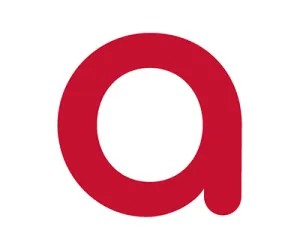AchieveMpls and Minneapolis Public Schools (MPS) are partnering with the National College Access Network (NCAN) to help close the city’s wide college enrollment gaps by increasing the number of Minneapolis students – particularly students of color and lower income students – who achieve their educational dreams by successfully enrolling in and completing college and other postsecondary programs.
This collaboration is made possible by a $90,000 capacity-building grant from the Bill & Melinda Gates Foundation’s Advising Challenge, which will support 20 school systems across the nation in developing capabilities needed to adopt a “to and through” approach to improve the postsecondary outcomes of students through stronger college advising, increasing access to financial aid, combating “summer melt” (in which students graduate with college plans but do not attend in the fall) and using data more effectively.
Currently, 84% of white MPS graduates enroll in some form of postsecondary education, compared with only 70% of graduates of color. Family income also plays a major factor in college attendance. 86% of students who are not low-income enroll in postsecondary education, compared with 70% of low income students.
The Gates Foundation grant will support in-depth training for AchieveMpls and MPS staff on analyzing and utilizing student enrollment data, increasing “college knowledge” expertise within MPS to improve student advising, growing capacity to develop strategic district-wide career and college readiness systems, and convening leadership teams to create strong college-going cultures at individual schools.
AchieveMpls and MPS will also participate in a national “community of practice” convened by NCAN. “We are especially excited about this aspect of the project, which will allow us to learn about effective career and college readiness strategies from 19 other organizations and school systems across the country,” explains Leah Corey, AchieveMpls senior program director. “We are eager to learn how other school districts coordinate and leverage nonprofits, counselors, school teams, and community partners to effectively and efficiently support all students, with specific attention to underrepresented student populations.”
In addition to increasing college enrollment and decreasing summer melt, other measures of success in this work include higher completion rates for the FAFSA (Free Application for Federal Student Aid) and Dream Act, which correlates strongly with college enrollment, and growing the number of students who apply to two or more postsecondary programs, which increases their likelihood of enrolling.
AchieveMpls currently provides comprehensive career and college readiness services to 9,500 MPS students through its Career & College Centers in 11 MPS high schools. The Centers provide one-on-one advising in exploring careers, touring college campuses, applying for postsecondary programs, completing the FAFSA, preparing for college entrance exams, meeting with employers and many other activities. AchieveMpls also manages college access networks at individual schools, provides professional development training for staff and maintains strong relationships with a wide variety of colleges, training programs and employers to increase opportunities for students. AchieveMpls utilizes MPS student data from the National Student Clearinghouse to guide the design and delivery of its programs.
